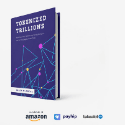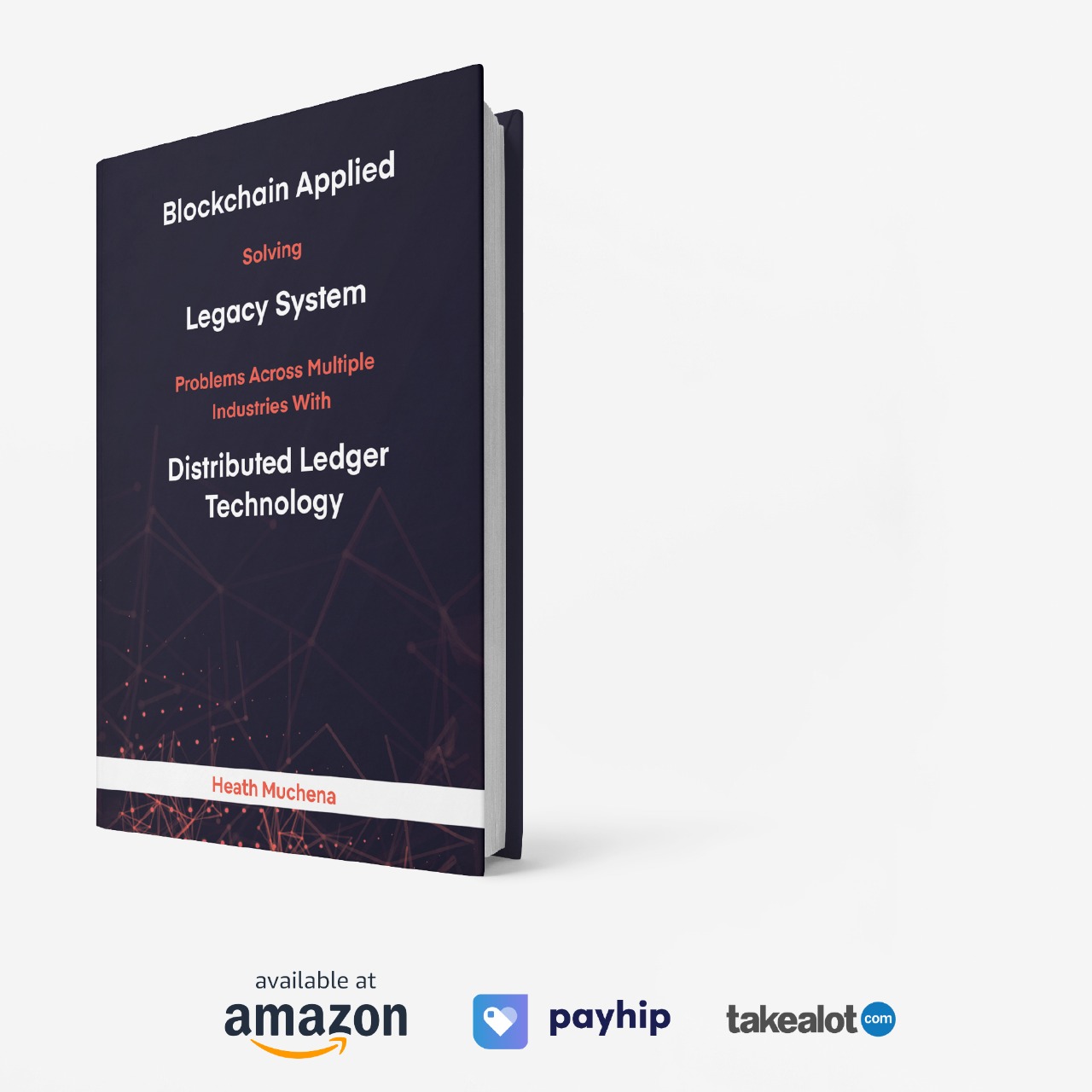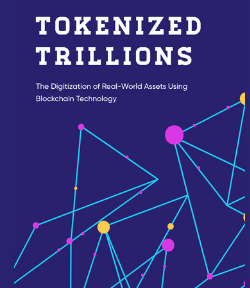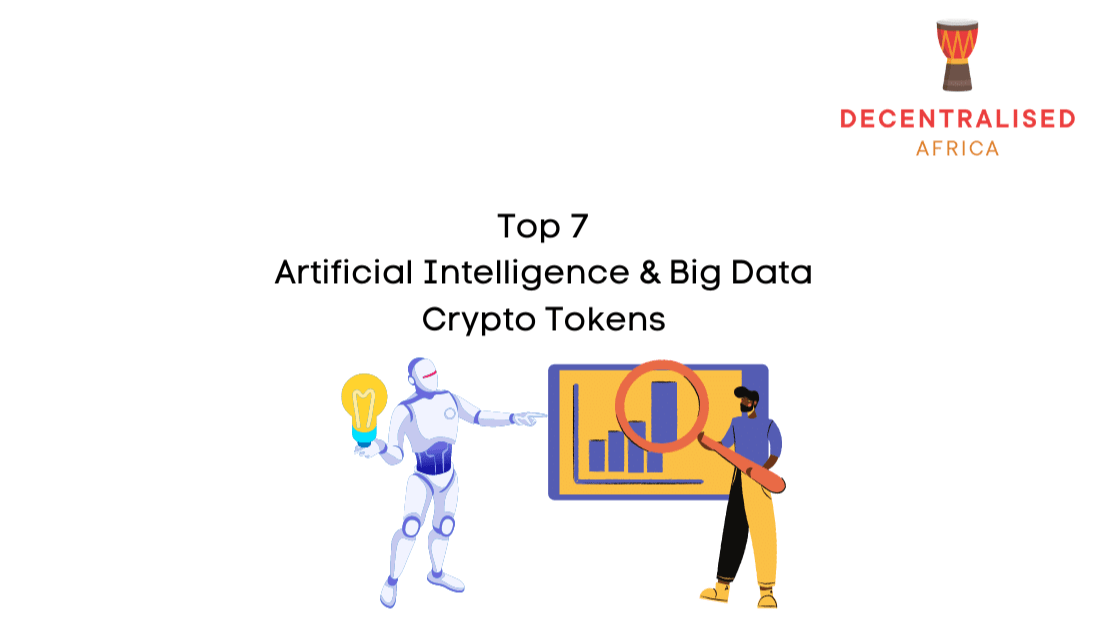
Top 7 Artificial Intelligence & Big Data Tokens
Popular Artificial Intelligence & Big Data Tokens.
The Graph (GRT)
A decentralised protocol whose core function is to index and query data from blockchain networks such as Ethereum and IPFS, The Graph makes possible the querying of data that would otherwise be quite cumbersome to query directly. Essentially, how The Graph works is that it indexes Ethereum data for example, based on subgraph descriptions which define the smart contracts of interest for a subgraph, the events in those smart contracts that should be paid attention to, and then maps event data to data that will be stored in The Graph database.
The Graph powers DeFi apps and by utilizing what is referred to as subgraphs, it is possible for anyone to construct and publish open APIs and make data more easily accessible. Thousands of subgraphs have already been deployed for DApps such as Synthetix, AAVE, Uniswap, Balancer, and many others.
Usage of The Graph has been growing with billions of queries, hundreds of indexer nodes in the testnet and thousands of curators. With support from VCs including Coinbase, Digital Currency Group, CoinFund, just to name a few, The Graph continues to develop its network.
The Graph Token (GRT) is used to secure The Graph Network and to ensure the integrity of the data queried. GRT is described as a work token that is is locked-up by curators, indexers and delegators and used to provide curating and indexing services to The Graph Network. GRT is used to allocate resources to the network. It is an ERC-20 token issued on the Ethereum blockchain.
The Graph is working to bring reliable decentralized public infrastructure to the mainstream market. To ensure economic security of The Graph Network and the integrity of data being queried, participants use Graph Token (GRT). Participants in the network including curators, indexers and delegators are able to earn from the network depending on the proportion of work performed and relative to their stake of GRT. For instance, curators can potentially earn part of query fees for the subgraphs that they signal on, while indexers can potentially earn rewards and query fees. Delegators can also earn a fraction of the income that is earned by the indexer that they delegate to.
The Graph token can be purchases from a number of exchanges including OKEx, FTX, Binance, Huobi, and others.

Source: The Graph
iExec (RLC)
Dubbed as a decentralised marketplace for cloud resources where blockchain technology is leveraged to create and manage a market network that enables people to monetise computing power, datasets and apps, iExec is essentially a network meant to provide applications with access to off-chain computation and data that is trusted. App providers are able to monetise algorithms, and data providers are also able to make valuable datasets available for use through iExec.
iExec achieves this through the provision of on-demand access to cloud computing resources. iExec is meant to support different industry applications including fintech, healthcare, big data, AI, and rendering.
iExec utilises an open-source desktop grid software called XtremWeb-HEP that makes it possible to implement sophisticated features such as multi-apps & users, fault-tolerance, deployment of virtual images, private infrastructure, data management, and security. iExec is a member of Intel®’s ecosystem for AI and iExec’s partners also include IBM, Chainlink, RSK and European Commission.
The iExec network consists of computing resource providers known as iExec Workers. Users can become such workers by connecting their machines and they are incentivised to do so since they can be rewarded with RLC tokens for their resource contributions to the network. RLC tokens are ERC-20 tokens issued on the Ethereum blockchain and are tradable on various exchanges including Binance, Huobi, Bittrex, Uniswap, among others.

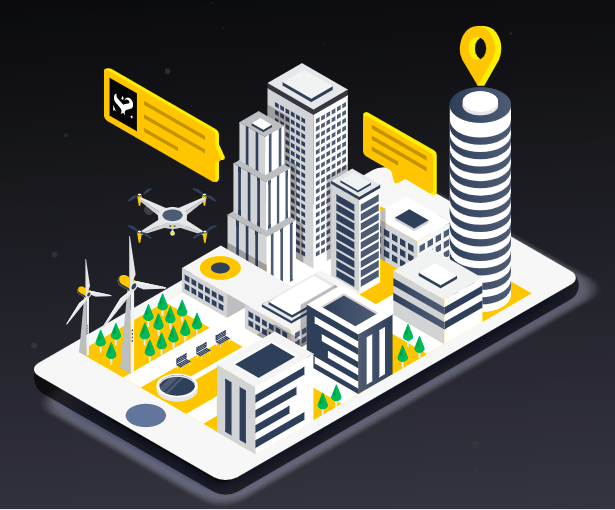
Source: iExec
Ocean Protocol (OCEAN)
An on-ramp for data services into blockchain ecosystems, Ocean Protocol uses ERC-20 data tokens to provide access to specific data services. Using Ocean smart contracts and libraries, it is possible to publish data services and spend data tokens. The contracts run on Ethereum mainnet.
Ocean Market is a marketplace for data that utilises automated market makers which automatically determine prices. Each Ocean issued data token comes with its own automated market maker pool that is deployed with gas-efficiency. Any individual or entity is able to add liquidity.
The OCEAN token is an ERC-20 token and is used to buy & sell data, stake on data and for community governance. To earn, users can stake OCEAN tokens on a data asset that is available in the Ocean Market which is essentially a process that involves adding liquidity to a data token OCEAN pool. Those staking can earn an income proportional to their stake by receiving a fraction of each data buying transaction fee.
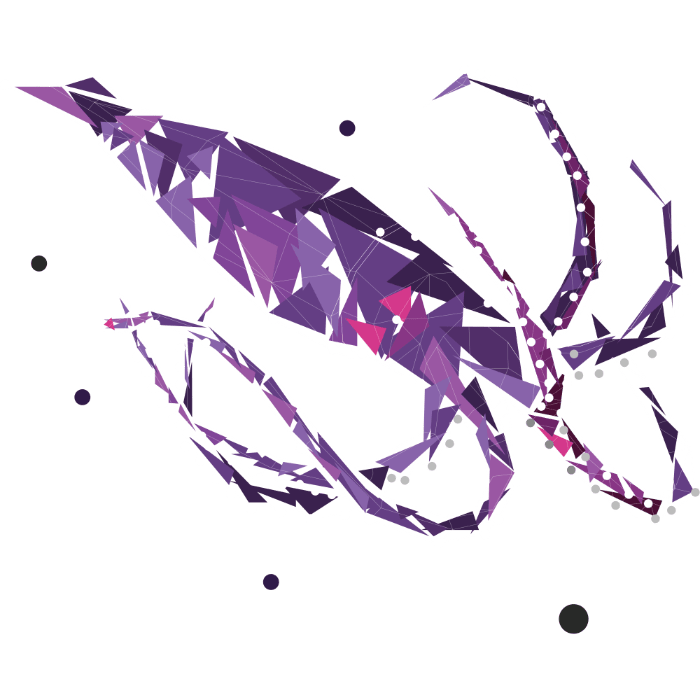
Source: Ocean Protocol
Fetch.ai (FET)
Launched in 2017, Fetch.ai is a blockchain-powered platform that has a vision to connect IoT devices and algorithms in order to enable collective learning. Built on a high-throughput sharded ledger, Fetch facilitates the creation of smart contracts aimed at deploying machine learning and AI solutions for decentralised problem solving. The tools are open-source and designed to enable users to build ecosystem infrastructure and deploy commercial models.
FET is the utility token used to unlock the Fetch ecosystem and to find, create, deploy and train autonomous economic agents. It is an integral part of smart contracts and oracles on the Fetch.ai platform. By using FET tokens, users are able to create and deploy agents on the network and developers can pay with FET tokens to access machine-learning-based utilities that are used to train autonomous agents and deploy collective intelligence on the network. FET tokens can be traded on exchanges such as Binance, KuCoin among others.
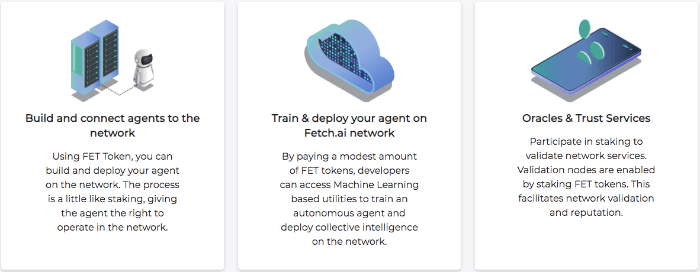
Source: Fetch.ai
Numeraire (NMR)
Powered by the Ethereum blockchain, Numerai is a platform that allows developers and data scientists to carry out experiments and create machine learning models with the aim of decentralising the data science field and making it possible for data scientists to compete when it comes to the creation of machine learning prediction models that are efficient and effective.
Numerai is said to be the first-of-its-kind hedge fund to launch a cryptocurrency. Tournament participants compete in the stock market to provide reliable data and predictions. NMR tokens are awarded to data scientists whose models perform best in the tournament. Numeraire (NMR) is an ERC-20 utility token and can be traded on exchanges such as Coinbase Pro, Binance, Digifinex and others. The NMR tokens are hard capped at 21 million and tokens are burned weekly.
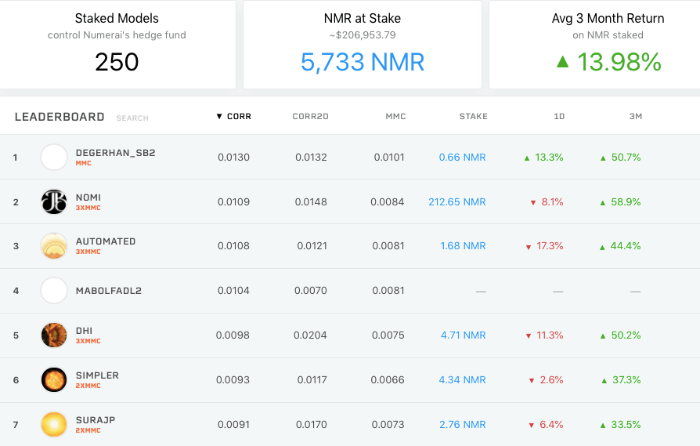
Source: Numer.ai
Streamr (DATA)
A decentralized platform for real-time data, Streamr consists of the Streamr Network, which transports streams of messages from data publishers to subscribers. These messages appear to the user as a global publish or subscribe messaging service. Streamr aims to be peer-to-peer and decentralised. Streamr’s tech stack is comprised of includes a pub or sub messaging network, a data marketplace where users can trade and crowdsell real-time data, and a real-time data toolkit.
The Streamr marketplace makes it possible for users to access real-time data content on the network and users can find free and paid products on the marketplace. The currency used for transacting on the marketplace is the DATA token. The DATA token can be traded on a variety of exchanges including Binance, Gate.io and others.
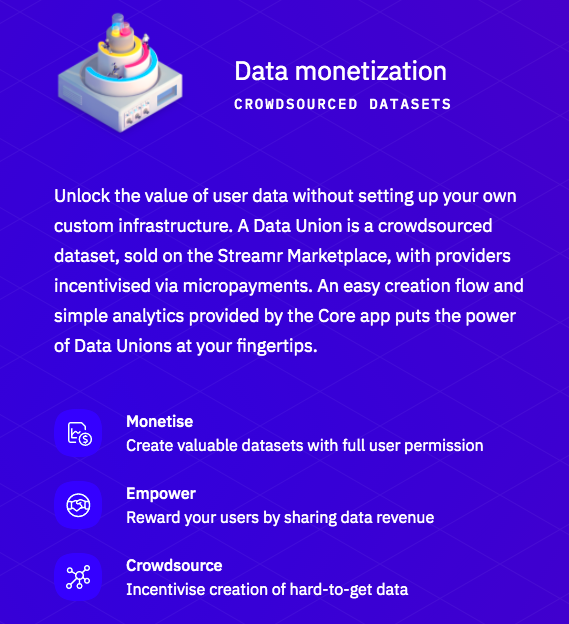
Source: Streamr
SingularityNET (AGI)
SingularityNET allows users to create, share, and monetize AI services. On the marketplace, users are able to browse, test and buy a range of AI services using the AGI token which is the platform’s native utility token. The marketplace also provides AI developers with a platform where they can publish and sell their AI tools, and track performance with ease.
Founded by Dr. Ben Goertzel, the development team behind SingularityNET also pioneered the development of Sophia – known as the world’s most expressive robot. The platform is referred to as the first to enable developers to sell their AI tools and libraries and make it possible for buyers to test AI services provided on the marketplace before completing their purchases. Customers can also commission new AI tools from developers through the Request for AI portal (RFAI). Developers can earn AGI tokens for fulfilling such requests. AGI token holders can stake tokens and also vote on the network’s operational changes. AGI tokens are ERC-20 tokens and can be traded on exchanges such as KuCoin, Uniswap, Binance and more.
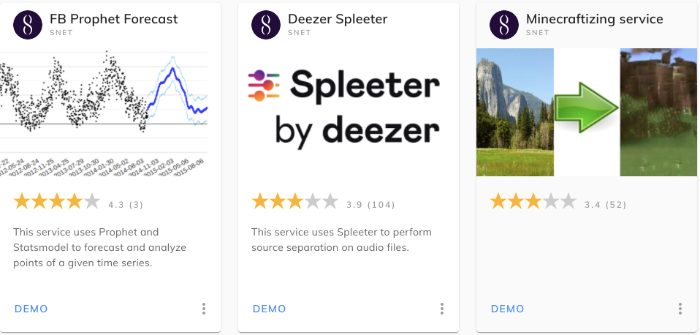
Source: SingularityNET
